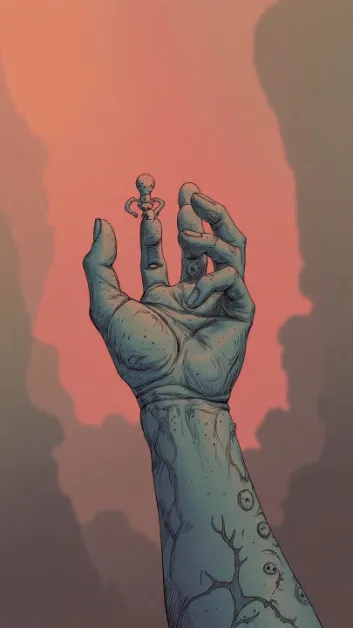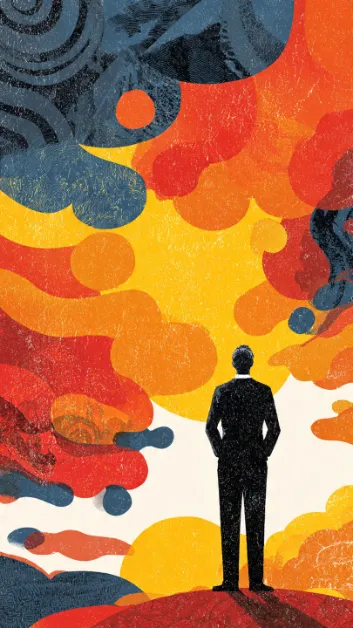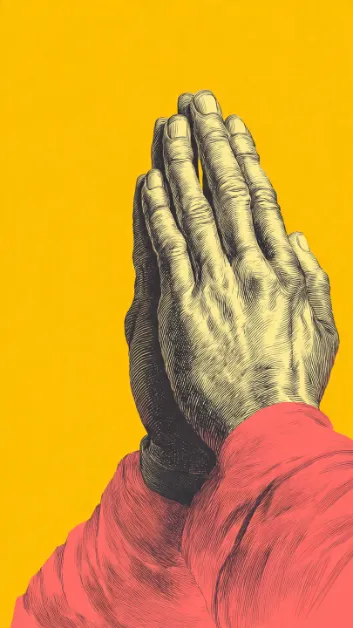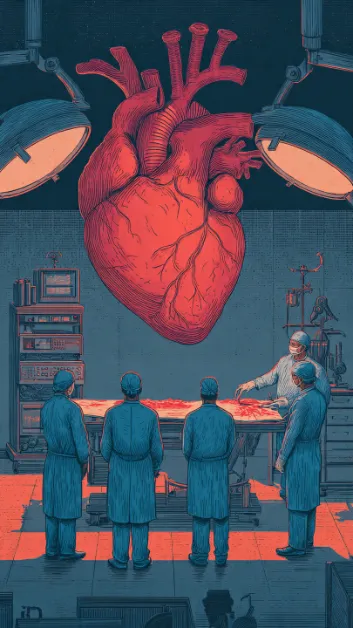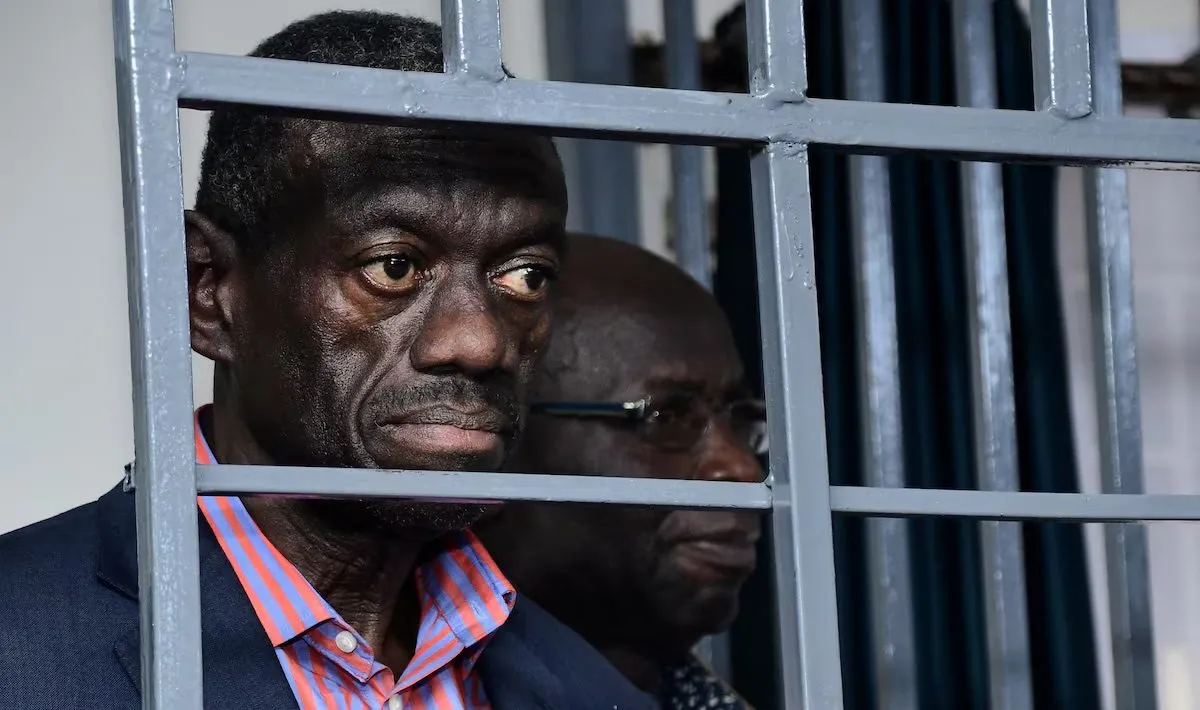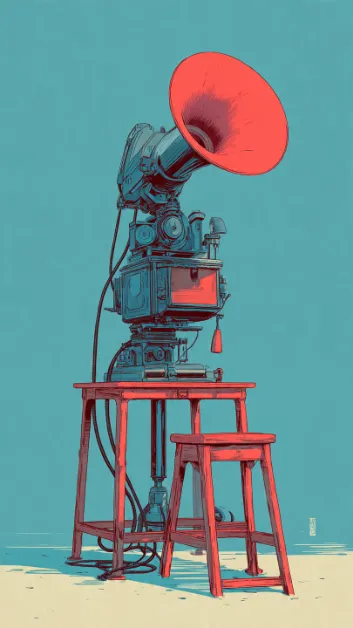
A Fable of Nsenene And the Hare
The Nsenene's Fatal Attraction: A Cautionary Tale of Deception and Exploitation
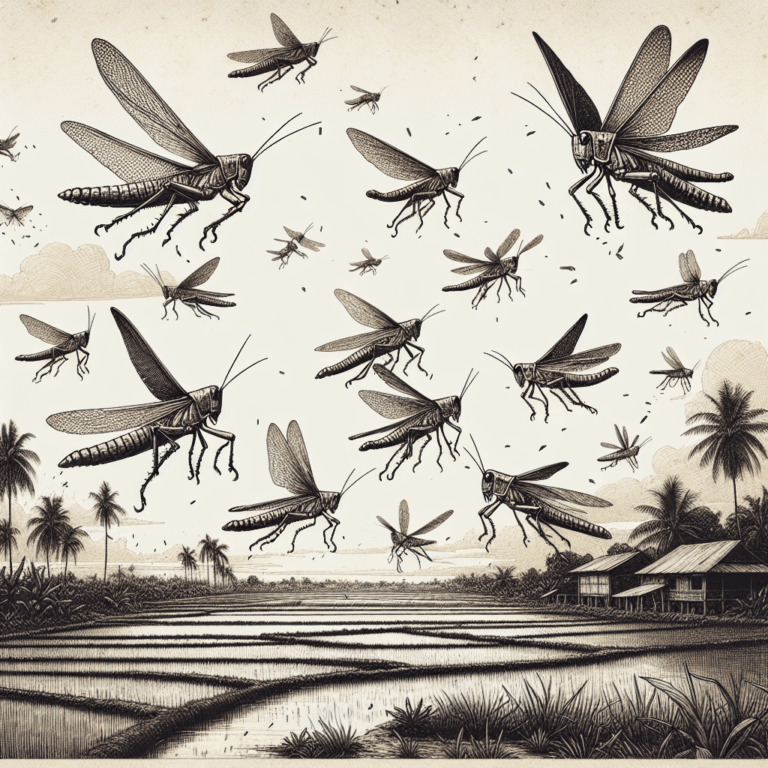
22 Nov, 2024
Share
Save
Once upon a time in the sprawling fields of the Great Africa, the Nsenene, or grasshoppers, were known for their carefree ways; often enjoying fresh leaves and moving from one location to another in swarms.
In those old days, the Nsenene would leap and flutter through the air at night, attracted to the gentle glow of the moon. The Hares, from across the sea, would, with remorselessness, chase after them, with their swift legs and keen eyes to catch them one by one. The Nsenene were caught, cooked, and eaten, and the Hares lived in harmony with the balance of nature, only that their thirst for the newfound delicacy grew stronger and stronger with every dying moon. Regardless, the vast majority of the Nsenene would survive every season and live long enough to tell their offspring the ordeals experienced by fellows in the hands of their enemy—the Hares.
As the years passed, the world changed. The moon was no longer the only light in the sky. The Hares had grown fat and complacent, and their once-quick paws were now slow with indulgence. The Nsenene, ever-adaptive and curious, found something new to chase: artificial light.
The new lights—flickering, bright, and unyielding, lured the Nsenene by the thousands. They gathered in droves around these neon beacons, their once-innocent curiosity now turned into an uncontrollable hunger. What they didn't know was that these lights were traps—designed to lead them to a fate worse than the ravenous paws of the Hares.
The Hares, no longer the hunters they once were; of course, changed by the unprecedented Nsenene revolution, marvelled at the spectacle.
"Ah, how foolish the Nsenene have become!" said one old Hare, his fur patchy with age. "They used to flee us and some even fought us, but now they are drawn willingly to the lights. There they are, buzzing under the glow, ripe for the taking."
But the Nsenene, who had once feared the pursuit of the Hares, now leapt to their doom. The lights were strong and constant—and the Nsenene, mesmerized by the promise of something better, had no choice but to fly towards them.
As the Nsenene arrived at the lights, the Hares—too lazy to chase them—set up massive nets beneath the beams.
"Why run after them," said one Hare, "when they come to us willingly? Why chase when we can gather them all in one place?"
The Nsenene, now trapped under the artificial light, realized too late the cost of their pursuit. A system exploited them, turning their instincts into a commodity—one that people captured, harvested, and consumed without concern for the harm it caused them. And still, they leapt on, drawn again and again into the light.
Some Nsenene, weary and wise, tried to warn their kin. “The light isn’t your friend; it light is a cage. The Hares have learned to wait while we come to them.” But the constant hum of the lights drowned their warnings out, and their cries fell on deaf ears.
The Hares, now thoroughly accustomed to their new method of capture, looked upon the scene with smug satisfaction. “Why bother with the chase,” said one Hare, sipping from a cup of Nsenene stew, “when the Nsenene have made it so easy for us?”
They knew if they could continue creating darkness in the Nsenene kingdom and holding their lights above all things, the Nsenene would keep exiting their beautiful kingdom in fear of darkness and, in their naivety, constantly avail themselves to be grilled with their fat. However, as time passed by, the sea of Nsenene raining over their cities of light threatened to overwhelm the lights and the Hares started to think of ways of limiting them.
“How can we ensure only the fat Nsenene enters our kingdom here?” asked a youthful Hare.
“But you made lights that can draw all of them; fat, thin, young, old regardless. What else is there to do?”
“Maybe we should plant lights in their kingdom and harvest them from there,” observed the youthful Hare with light-heartedness. That is how far and wide more and more Nsenene willfully submitted themselves to the frying pans of the Hares.
About the author
English and Literature Educator, Writer, Peer Reviewer, Editor and Climate Change Activist
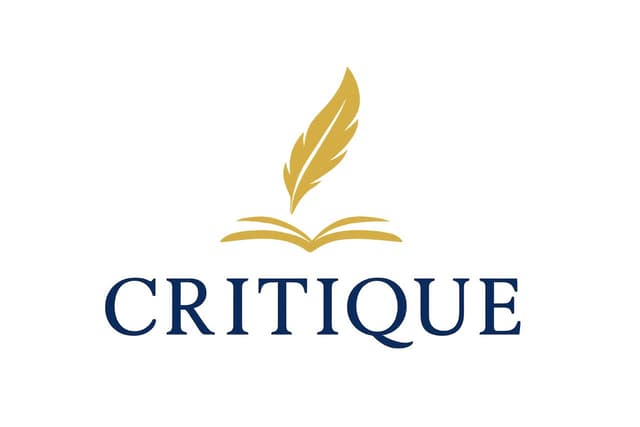

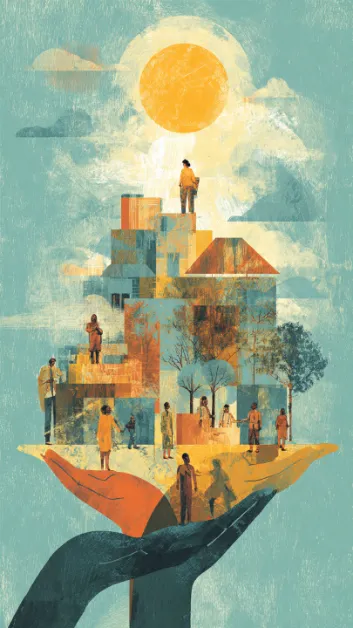
.webp)
